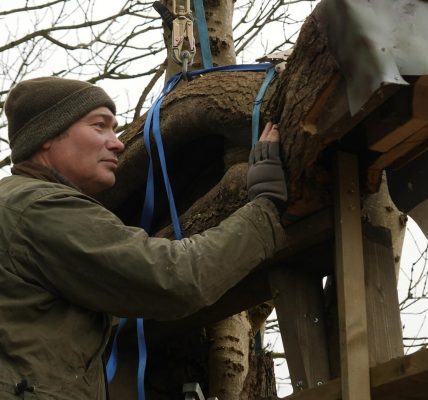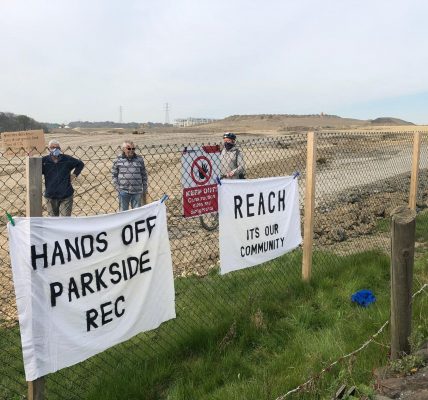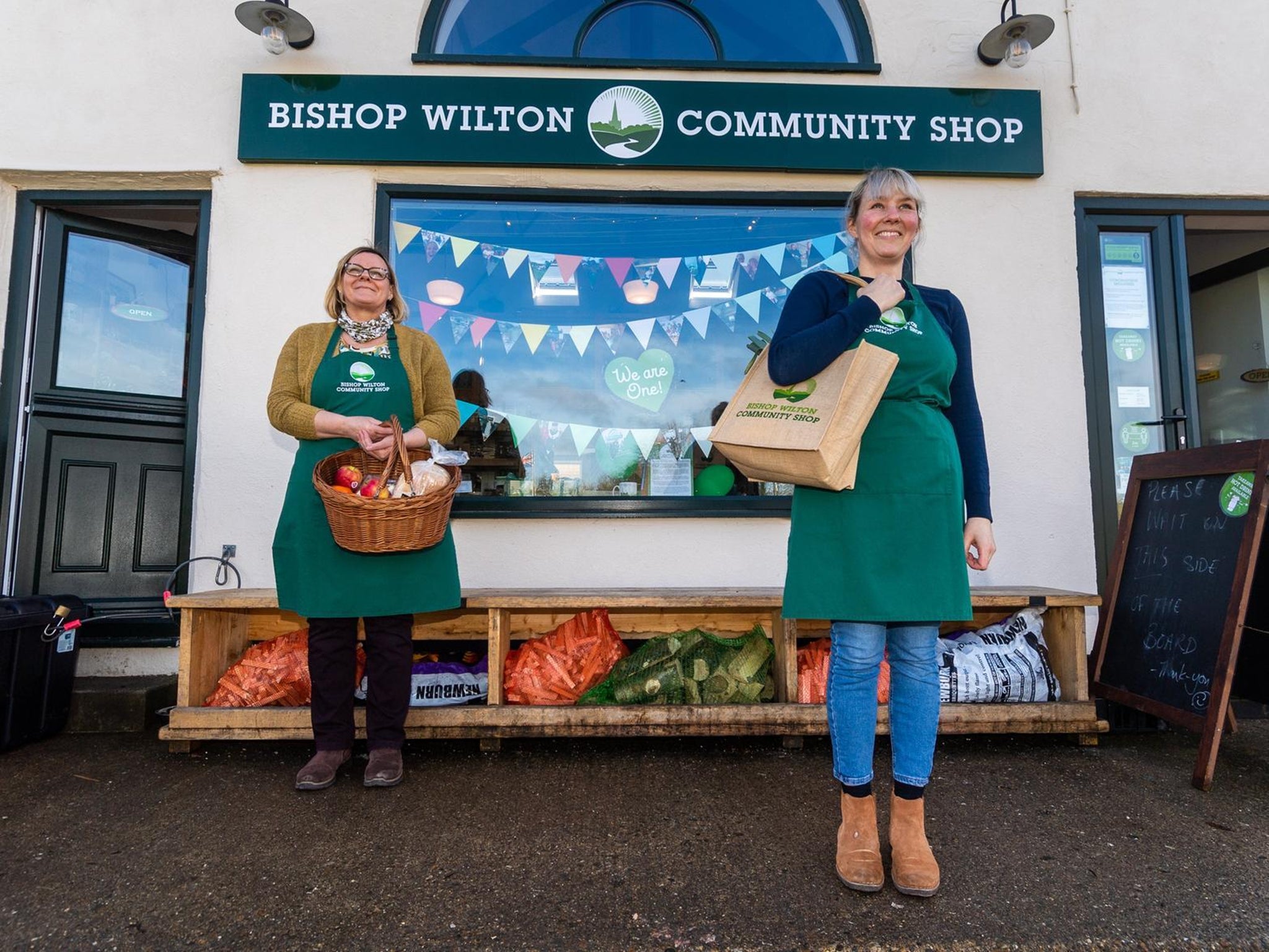Rishi Sunak accused of failing to alleviate the funding gap between towns and cities and rural communities
Rishi Sunak accused of failing to alleviate the funding gap between towns and cities and rural communities
COUNTRYSIDE campaigners have accused Chancellor Rishi Sunak of failing to tackle a divide between urban and rural areas and provide vital support for “long-forgotten” market towns and villages.
The CPRE charity’s chief executive, Crispin Truman, said reforms were needed and more could have done to help boost funding for market towns and villages in Mr Sunak’s Budget.
He said the Government was employing funding models that “systematically disadvantage” rural communities and worsen the climate emergency.
He added: “By levelling up between urban and rural investment, not just North and South, we could regenerate many rural towns and villages that have been long forgotten.
“It’s just not right that government spending per person on public infrastructure is 44 per cent higher for urban areas than it is for rural areas with no major cities. We risk levelling up Northern cities to the level of London and leaving rural areas stuck in disadvantage and decline.”
Both the CLA lobby group and the NFU welcomed Mr Sunak’s announcement that business rate relief and the reduced VAT rate will both be extended.
The NFU’s president, Minette Batters, urged the Government to invest in farming to bring “huge benefits to sustainable food production”.
She added: “The support offered to businesses by the government throughout the pandemic has been incredibly important in keeping many viable over the past year.
“In the longer-term, farm businesses can play a key role in the investment-led recovery that the Chancellor has set out today. With an ambition to reach net zero by 2040, British farming can be a pivotal part of meeting our climate ambitions and increasing productivity.”
Mark Bridgeman, the president of the Country Land and Business Association which represents 28,000 rural businesses across England and Wales, said the extension of the VAT cut to five per cent for a further six months provided a “lifeline” for many small tourism and hospitality businesses.
He added: “It will allow tens of thousands of businesses breathing space to begin their recovery in 2021, further boosted by hopes of a bumper summer season as lockdown restrictions are eased further.
“But the extension is a short term crisis response. Government should now begin thinking of how the UK’s tourism and hospitality sectors can thrive in the long term.
“If we are to compete with other major tourism destinations in Europe – all of whom have VAT rates far below 20 per cent – the UK’s VAT rate should remain at five per cent permanently.”










